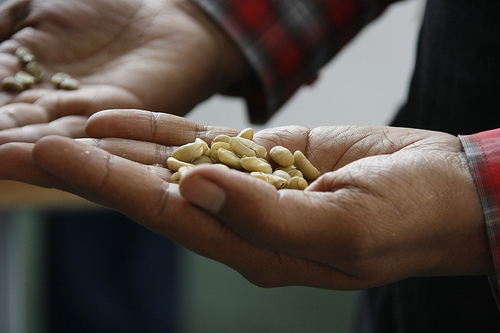Food trade in these regions is affected by significant post-harvest losses and inadequate storage and aggregation systems. There is also limited access to capital and advice on good agricultural practices, a lack of access to markets, information and a lack of transparency, and unpredictable and/or distorting government policy.
DFID’s FoodTrade East and Southern Africa Programme (FTESA) sought to address these challenges by awarding grants (22 in total) to the private sector via a challenge fund mechanism and to non-commercial organisations via a development fund.
Our role
Itad undertook an independent evaluation of the programme, to generate information on performance and provide for accountability for funds spent by assessing whether the programme brought about the changes expected and to provide lessons and recommendations for similar programmes by exploring how and why some interventions were successful and others not.
Our approach
The evaluation applied a modular design with five components (e.g. case synthesis, portfolio review). Together these components examined:
- Different levels of the FTESA programme, exploring individual grants, interconnected and complementary grants, the overall grant portfolio and the overall programme.
- Different levels in the market system, exploring the role of different market actors and their interactions with FTESA-funded interventions.
Contact Ed Hedley (edward.hedley@itad.com) if you would like to discuss this project.
Image © Trade_The shape, colour and odour of beans. Photo credit: Pete Lewis, DFID (shared under CC BY 2.0 license)

